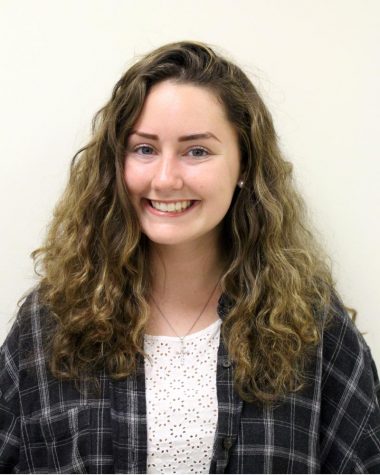After a contentious election season, students may be surprised to learn that none of the political groups on campus—College Democrats, College Republicans, Young Americans for Liberty (YAL) and Young Americans for Freedom (YAF)—became officially recognized through Student Government Inc.’s “Power to Organize.”
According to SGI’s President, Chiara Miuccio, groups seeking official status must undergo a rigorous process to apply. Some of these steps including creating an interested members list, doing two presentations before the SGI floor and developing a constitution, among other things.
Vincent Manta, president of YAL, said his members and executive board were disappointed upon finding out that they hadn’t made it through.
“We have been recruiting and building up our club to the point where we have a lot of members and we all thought that we would finally be able to officially meet,” Manta said.
And the sentiment was shared by other groups, too.
“I think we were all disappointed,” Andrew Keith, the president/chairman of YAF, said. “This is a trying time politically, there’s a lot to discuss, there’s a lot of mixed emotion, and we really wanted to provide an outlet for people to have conversation.
Patrick Romain, President of College Republicans, said he felt it could go either way, but admitted that he was surprised. However, he said his group isn’t giving up.
“I need to talk with my team,” Romain said. “We believe in the party and I think they would be interested in party activism if the tools are there.”
Manta said YAL will focus on growing its numbers and “[spreading] the message of liberty on campus.”
Keith said he doesn’t know if YAF will reapply next year, but said the group will remain involved.
Miuccio said that last year, when political groups did not become official organizations, SGI helped connect them with SJU Participate, a program designed to help students become informed and engaged in politics, according to the school’s website.
“We recognized a lack of representation last year,” she said.
She added that SGI is trying to work with the organizations to make sure that they have a presence on campus by creating a council under a department, that way the groups can program prior to a major election.
“I hope that we can follow through with a proposed plan by SGI to have one large political group that house groups with different governing goals,” Romain said. “We’ll have to see if anyone else is on [board].”
There’s been no formal reason given to some of the organizations as of yet to identify why they weren’t approved, according to those who spoke with the Torch.
Manta, however, said his group was told that their final presentation may have hurt them in the end. They were told to reapply next year.
Keith and Romain said that they’ve heard that one of the reasons they may have not gotten in is because people’s interest in politics only spikes “every four years,” and that’s when groups are most active.
Miuccio said that tends to be the case, but that SGI hasn’t kept concrete numbers on it.
Comment was requested multiple times from College Democrats regarding the “Power to Organize” process and outcome, but not returned by deadline.
“Political groups in general are important because they offer a platform for a significant number of students to express and debate their ideas before going out into the world,” Manta said.
















